Hygiene, Sanitation: No More Open Air Defecation In Ngalbidje
- Par Kimeng Hilton
- 30 août 2021 17:25
- 0 Likes
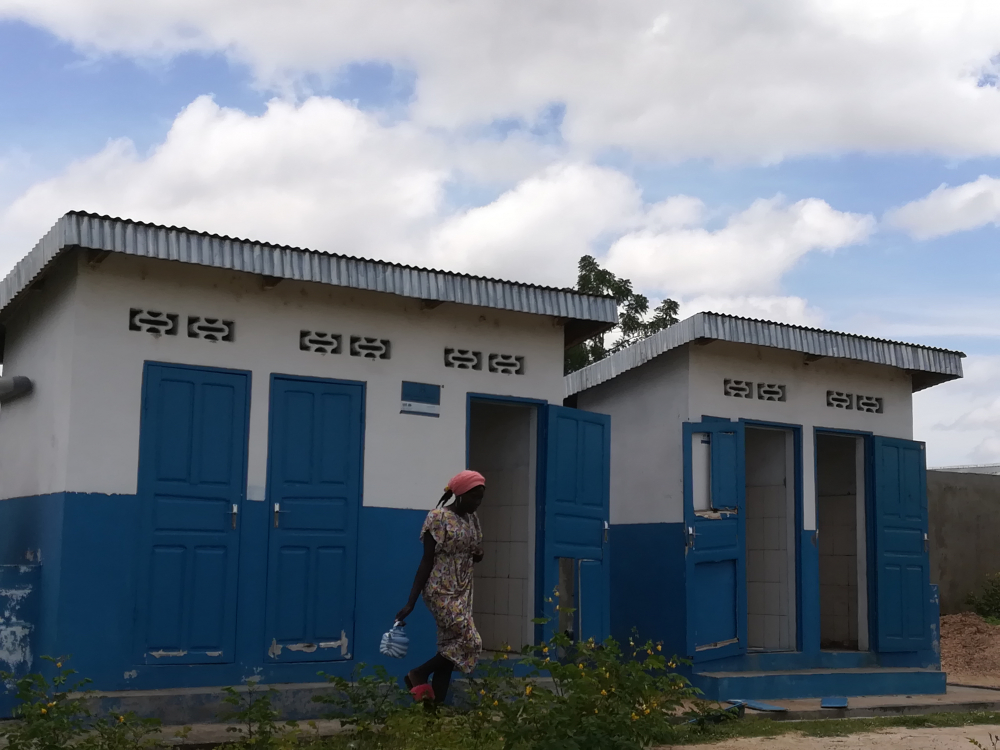
The construction in 2018 by the United Nations Children’s Fund, UNICEF, of two blocks of gender-sensitive latrines has saved the community from the risks of polluting the environment.
“Before the United Nations Children’s Fund, UNICEF, constructed two latrine blocks in our health centre to add to the two rooms earlier constructed by Garoua II Council, it was common for some patients and visitors to excrete in nearby bushes because the latrines were insufficient,” Hydjoufaou Angeline, Head of Ngalbidje Integrated Health Centre, Garoua, North Region, remembers. Meanwhile, staff toilets were already incorporated in the health centre building.
“Today, we have 7 separate latrine rooms - including the 5 gender-sensitive rooms constructed by UNICEF in two blocks. There are two rooms each for male and female patients and another for visitors. The aim is to ensure cleanliness, and above all, respect for gender,” Angeline explains. According to her, members of the Ngalbidje community also use the health centre’s latrines donated by UNICEF. “We often sensitise and direct new patients and visitors to the latrines. They have helped in preventing infections from water-borne diseases as patients no longer defecate in open air round the health centre,” says Hydjoufaou.
“UNICEF latrines are equipped with a tap. Those who use them have water to wash their hands for proper personal hygiene,” says Abdou Pabame, 62. The community health worker or volunteer was the Chair of Ngalbidje Integrated Health Centre Management Committee in 2018 when UNICEF constructed the latrines.
“Before the construction of the toilets by UNICEF, the two rooms we had before were not enough for the number of people who came to the hea...
Cet article complet est réservé aux abonnés
Déjà abonné ? Identifiez-vous >
Accédez en illimité à Cameroon Tribune Digital à partir de 26250 FCFA
Je M'abonne1 minute suffit pour vous abonner à Cameroon Tribune Digital !
- Votre numéro spécial cameroon-tribune en version numérique
- Des encarts
- Des appels d'offres exclusives
- D'avant-première (accès 24h avant la publication)
- Des éditions consultables sur tous supports (smartphone, tablettes, PC)






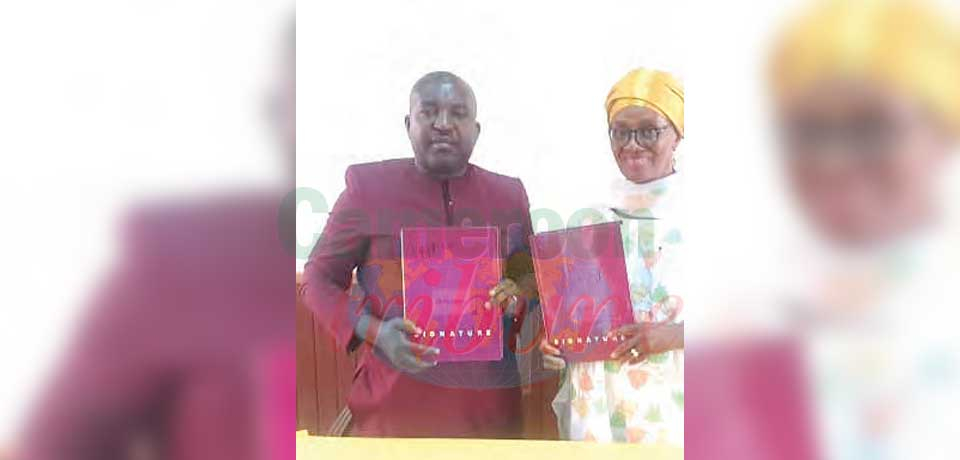
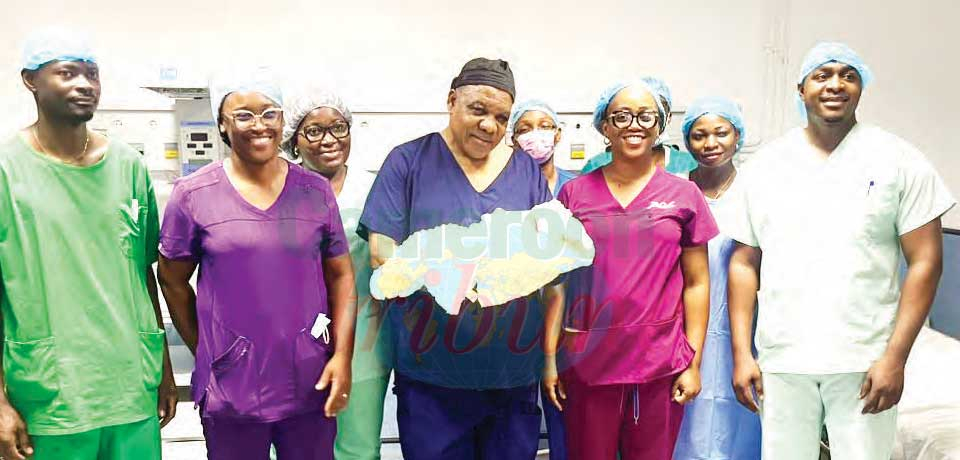
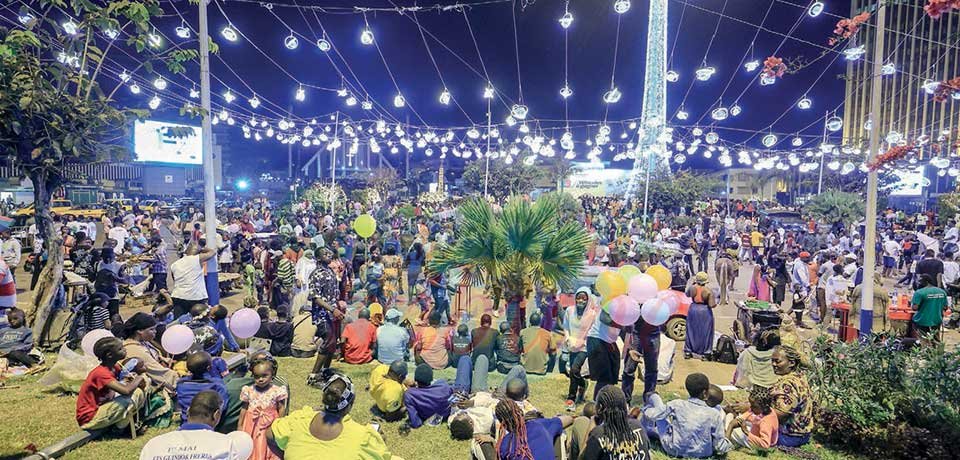
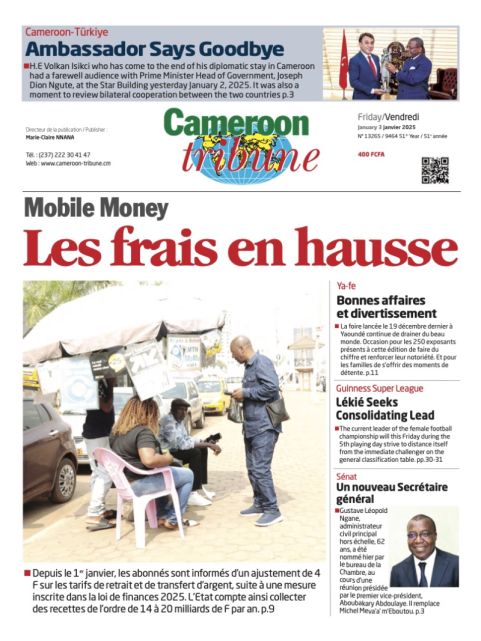




Commentaires